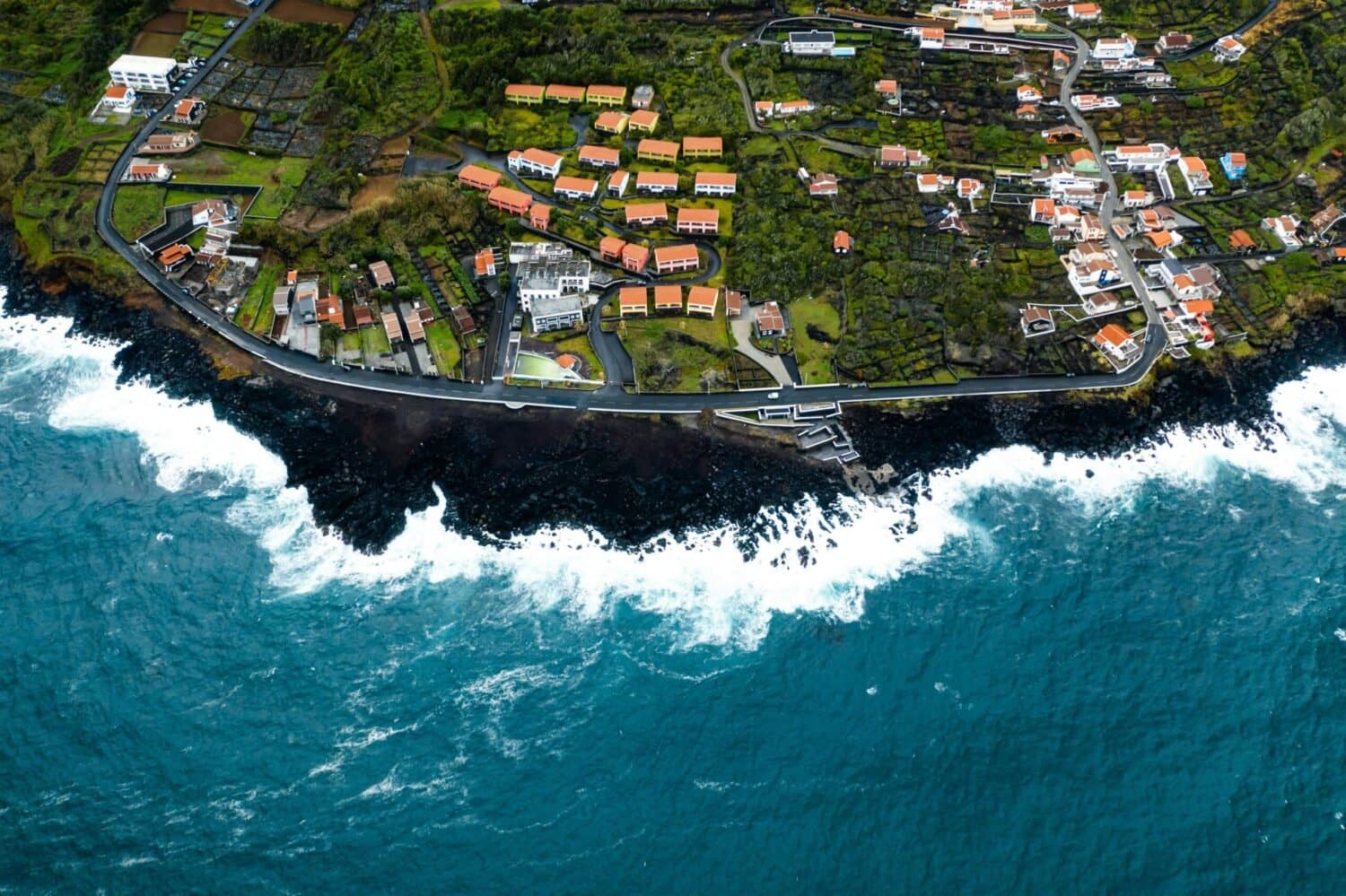“Deep sea mining can be harmful to the seabed and not enough is known of its effects”
Portugal’s parliament has approved the drafting of a moratorium on deep sea mining in territorial waters to 2050.
Four parties presented bills last Friday, including ruling PSD and the largest party in opposition, PS (the other two were brought by PAN and LIVRE).
According to all of them, deep sea mining to extract minerals such as copper, lithium, nickel and/or manganese, using heavy machinery, can be harmful to the seabed and not enough is known of its effects.
PSD, the main party supporting the government, said in its presentation: “Deep sea mining, aimed at extracting mineral resources such as manganese nodules, polymetallic sulphides and cobalt, uses technologies capable of operating at great depths but remains at a stage of global development,” and raises “serious concerns about the potential environmental impacts of this activity.”
The party accepts that the process could cause “significant damage” to vulnerable ecosystems on the seabed and in deeper waters, and cause problems for fisheries, recalling that Portugal, as a member of the International Seabed Authority (ISA), voted in July 2023 against deep sea mining.
The moratorium has been advocated by environmental organisations and the scientific community. The regional government of the Azores has also said that it will not accept such mining and that any proposal to do so will be ‘rejected outright’ (a massive relief to all those who viewed efforts by Canadian company Nautilus Minerals to move in on the territory with trepidation).
In October 2023, parliament approved a PAN bill imposing a moratorium on deep sea mining in Portuguese waters until 2050 – but when the text was in the committee stage to be discussed, António Costa’s PS government collapsed, so the initiative lapsed.
Commenting on the positive voting in parliament last week, Tiago Pitta e Cunha, executive director of the Ocean Azul Foundation, said it was “wise, necessary and urgent to avoid a race to underwater mining which would be humanity’s last act of collective irresponsibility”.
As PAN’s Inês de Sousa Real said in 2023, “the future of humanity goes hand in hand with the future of the oceans. We are the country with the greatest marine biodiversity in Europe, and that is why we must be able to conserve and sustainably use the oceans, seas and marine resources”.
All four projects now go for specialised debates in parliamentary committees.
Congratulating MPs on their efforts, environmental organisations stressed that what is important now is that “work gets underway as soon as possible, to ensure the moratorium is effectively applied”.
By NATASHA DONN
natasha.donn@portugalresident.com




















